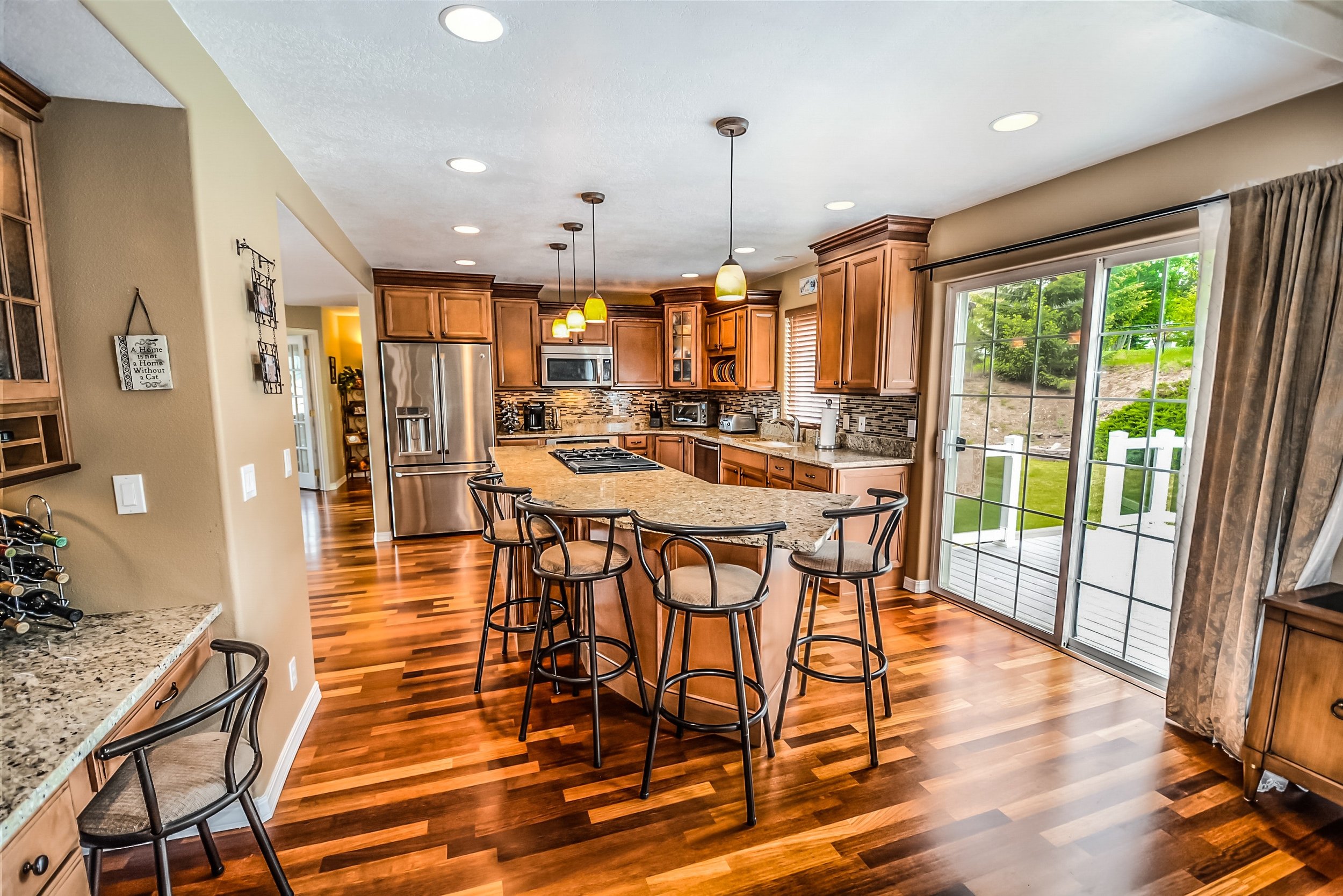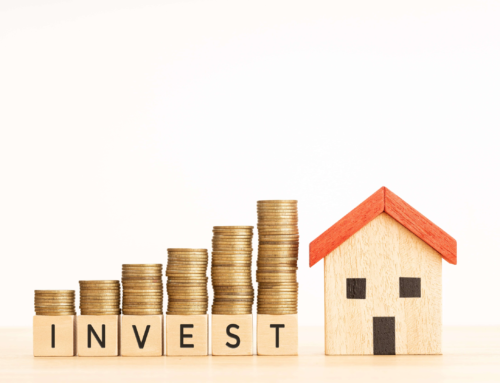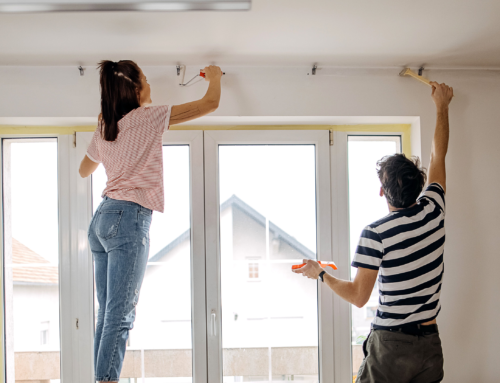Navigating Your Home Sale: Should You Go Vacant or Occupied?
As you gear up to put your property on the market, one of the first decisions you’ll need to make is whether you want to sell it vacant or keep it occupied during the selling process. Having assisted countless clients in making this choice, I understand the intricacies involved. Let’s delve into the pros and cons of both options, helping you make a well-informed decision tailored to your unique circumstances and preferences.
Selling a Vacant Home
Advantages:
- Clean Slate Presentation: Selling a vacant home offers potential buyers a fresh canvas. Without personal items, they can better envision how their own style will mesh with the space.
- Staging Efficacy: Professional home stagers can work their magic more effectively in an empty space. This enhances the appeal of your property in listing photos and during showings.
- Showcasing Flexibility: With no occupants to coordinate with, accommodating spontaneous showings becomes a breeze. This flexibility can attract more interested buyers.
Disadvantages:
- A Touch of Coldness: An unoccupied home may lack the warmth that comes from personal touches. Some buyers might find it challenging to form an emotional connection.
- Maintenance Costs: Despite being vacant, the property still requires upkeep. Landscaping, cleaning, and regular maintenance can pile up expenses over time.
- Security Concerns: An empty property can be vulnerable to vandalism or burglary. Implementing security measures is essential to safeguard the home.
Selling an Occupied Home
Advantages:
- Lived-In Appeal: An occupied home exudes coziness and warmth, inviting potential buyers to envision themselves living there. Personal touches can go a long way in establishing this connection.
- Emotional Resonance: The character of an occupied home often resonates with buyers. Witnessing a property in use helps them picture their own lives unfolding within those walls.
- Maintenance Relief: Regular maintenance and cleaning are typically better maintained in an occupied home, alleviating you from constant upkeep expenses.
Disadvantages:
- Clutter Challenges: Personal belongings can potentially divert buyers’ attention from the property’s features. Spaces might appear smaller and less organized due to the presence of possessions.
- Staging Constraints: Staging an occupied home can be trickier due to existing furniture and decor. Stagers need to work with what’s available.
- Scheduling Complexities: Coordinating showings and open houses around the occupants’ schedules can be a puzzle. This might limit the pool of potential buyers who can view the property.
Conclusion
As you contemplate the best path forward, remember that the decision to sell your home vacant or occupied depends on your unique situation, market trends, and personal inclinations. In a fast-paced market, a vacant home could attract those seeking a blank canvas, while an occupied home taps into the emotional connections that personal items bring.
For personalized guidance, partnering with a skilled real estate agent is paramount. With my experience, I’m here to assist you in making the right decision, ensuring your home-selling journey is smooth, rewarding, and aligned with your objectives.







